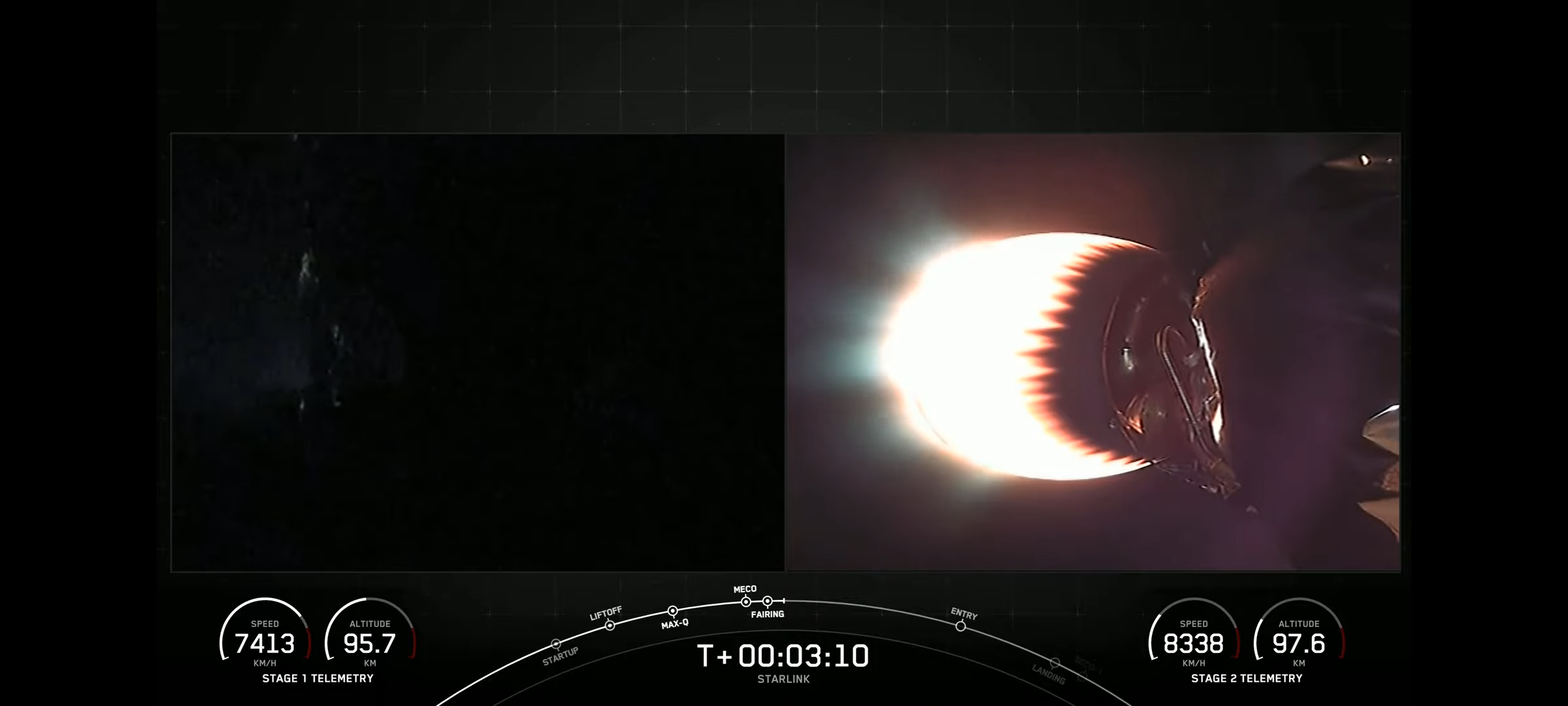WE know the original full-size bell is made from a very expensive niobium alloy, for heat resistance. But I notice that the new bell hardly glows at all - just very faintly at the extreme outer edge. The film cooling provided by the turbopump exhaust protects it completely.
So, I am wondering - are they still using that expensive niobium for the stubby nozzle? From what I can see of the bell, they could use simple mild steel and be perfectly OK.
Full-size engine bells also barely light up at the top, so it might be the same material but shorter.

I don’t suggest that the lack of glow tells us that it is made from different stuff - as you say, that section of the bell doesn’t normally glow - but that the fact it doesn’t glow means that it isn’t that hot, doesn’t need to deal with high temperatures, and therefore doesn’t need to be made from any expensive alloy.
My understanding is that it’s just the large nozzle extension that’s made of niobium as it’s radiatively cooled - the upper part of the bell and the combustion chamber is cooled by pumping propellant between the walls, so it can just be made of steel.
This is what the Merlin Vacuum engine looks like without the nozzle extension (though this is 1C):
It’s possible that the ‘stubby’ engine is just this.
I can’t imagine them using something expensive if they don’t have to, considering they are already sacrificing isp to save a few Bob.
What are regular raptor bells made from? I’d say if they could use common material they would
The regular raptor bells (and the regular Merlin bells, which we are discussing here) are made from a copper-rich alloy, for high thermal conductivity. They are fully regeneratively cooled by the engine’s fuel (kero or methane). The extensions are radiatively cooled, with the base section film cooled by bleeding the cooler turbopump exhaust in a ring around the base of the extension/lip or the nozzle.

